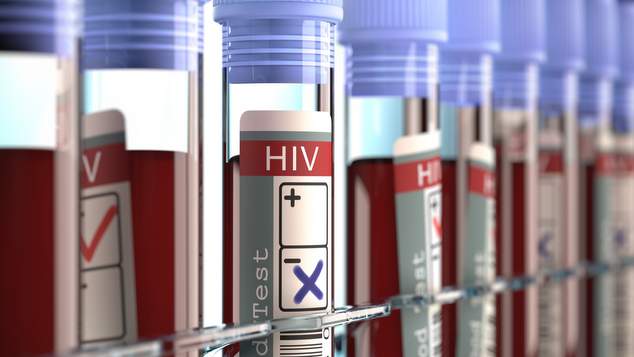
A simple change to how doctors’ approach sexual health checks could make a major difference in the fight against HIV and other sexually transmitted infections according to WAAC.
In an opinion piece published at The West Australian on World AIDS Day, WAAC Ceo Lisa Dobrin and Chair Conrad Liveris put forward the case for making tests for HIV opt out rather than opt in. WAAC was formerly known as the WA AIDS Council.
They argue that doctors will often actively challenge and try to talk heterosexual patients out of getting tests for HIV labeling them as being at low risk. The call for a new approach follows a growing number of new diagnoses of HIV among heterosexual men.
In 2019, in Western Australia, there more heterosexual men being diagnosed with HIV than gay, bisexual and other men who have sex with men.
The most recent Quarterly Surveillance Report into Blood-borne Viruses in Western Australia shows that in the period ending 30 June 2022 there were 57 new cases of HIV in the previous 12 months. Twenty-two of these were from men who have sex with men, while 17 were heterosexual men. Eight heterosexual women are also included within the reporting.
“The assumption is often made that if you aren’t an intravenous drug user or a sex worker, there is no need to be tested for HIV. Many GPs in WA will actively challenge and try to talk a patient out of having a HIV test due to being of low risk.” Liveris and Dobrin note.
The concern is that patients will not divulge to their doctor the myriad of reasons a heterosexual person may need to consider getting a HIV test including sexual assault, partners who are not heterosexual or that they’ve discovered their partner has been cheating.
To explore the idea further a trial is being conducted at two health care providers. GP on Beaufort and Homeless Healthcare, the project requires healthcare professionals and patients to have a considered conversation about opting out of a full sexual health test.
“Improving sexual health outcomes for the community benefits us all. WAAC consistently finds that shame and stigma cast a long shadow that prevents people from accessing the healthcare that would make their lives, and that of their loved ones, better.” Liveris and Dobrin said.
Keep up to date with your knowledge of HIV, PrEP and U=U via the WAAC website.
OIP Staff
You can support our work by subscribing to our Patreon
or contributing to our GoFundMe campaign.






